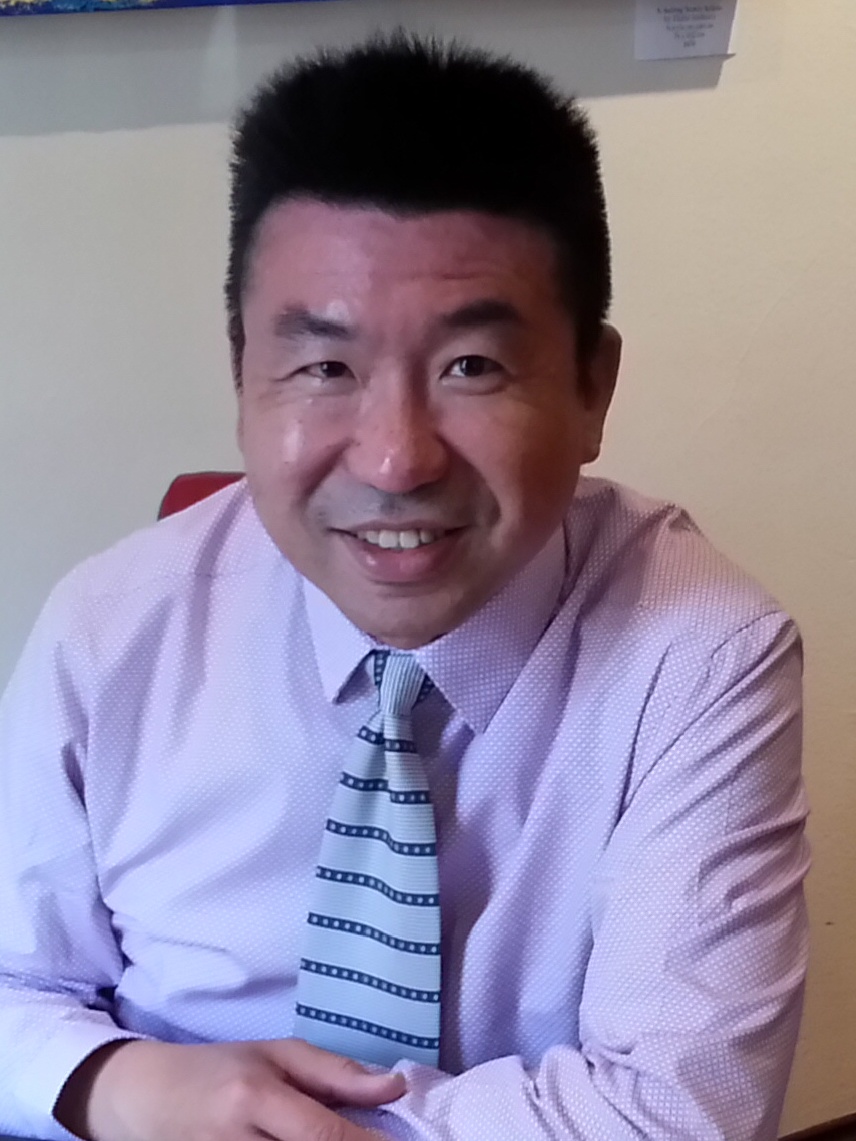



University of Melbourne, Australia

"Learning from top-performing mathematics education systems: What they value, not what they do"
The latest results for both TIMSS and PISA were released a few weeks apart from each other in late 2016. Much attention is paid in these and earlier tests to the top performing economies. It is not surprising that many mathematics education systems would hope to emulate these performers. The approach is often one of finding out what top performing economies have done differently. These differences are often considered as potential factors of success that individual economies might adopt in their own mathematics education systems.
Yet, the adoption of forms of practices or routines employed by top performing economies does not always lead to the intended improvements. In fact, amongst the success cases, the mathematics education systems involved have not always transplanted practices or routines wholesale. Rather, what appeared to have worked is the identification and adoption of the underlying principles of the practices or routines that had set the top performing economies apart from the rest of the world. These pedagogical principles express what are valued by the top performing economies in the teaching and learning of mathematics. They underlie culturally-specific beliefs about how the discipline is best taught and learnt, so that the forms in which they are embodied are necessarily different across different cultural settings. The approach of economies which have benefitted from the comparisons, then, is to identify the conative variable of pedagogical values underlying the success of top performing economies, and to make culturally-appropriate changes to their existing policies at the intended curriculum level, as well as practices at the implemented curriculum level.
Learning from other mathematics education systems' success, then, is not about duplicating what they do, but more about doing things differently to reflect what is being valued by these systems.
Wee Tiong SEAH is Associate Professor in Mathematics Education at the Melbourne Graduate School of Education, The University of Melbourne, Australia. He also heads its Mathematics Education Group. He has been teaching pre-service and in-service courses at Bachelor, Masters and PhD levels in Australia and Asia since 2002. Wee Tiong was a member of the Australian federal government's Expert Advisory and Research Group in the late 2000s. His research expertise is in comparative research (e.g. he currently leads a 22-nation research consortium called the 'Third Wave Project'), the role of values in facilitating student learning, STEM education, and the experiences of immigrant and refugee students and teachers in mathematics pedagogy. He has delivered numerous keynote or invitational speeches at different events, a recent one being the 2016 International Congress on Mathematical Education. Wee Tiong sits on the editorial boards of several journals, including the 'International Journal of Science and Mathematics Education'.